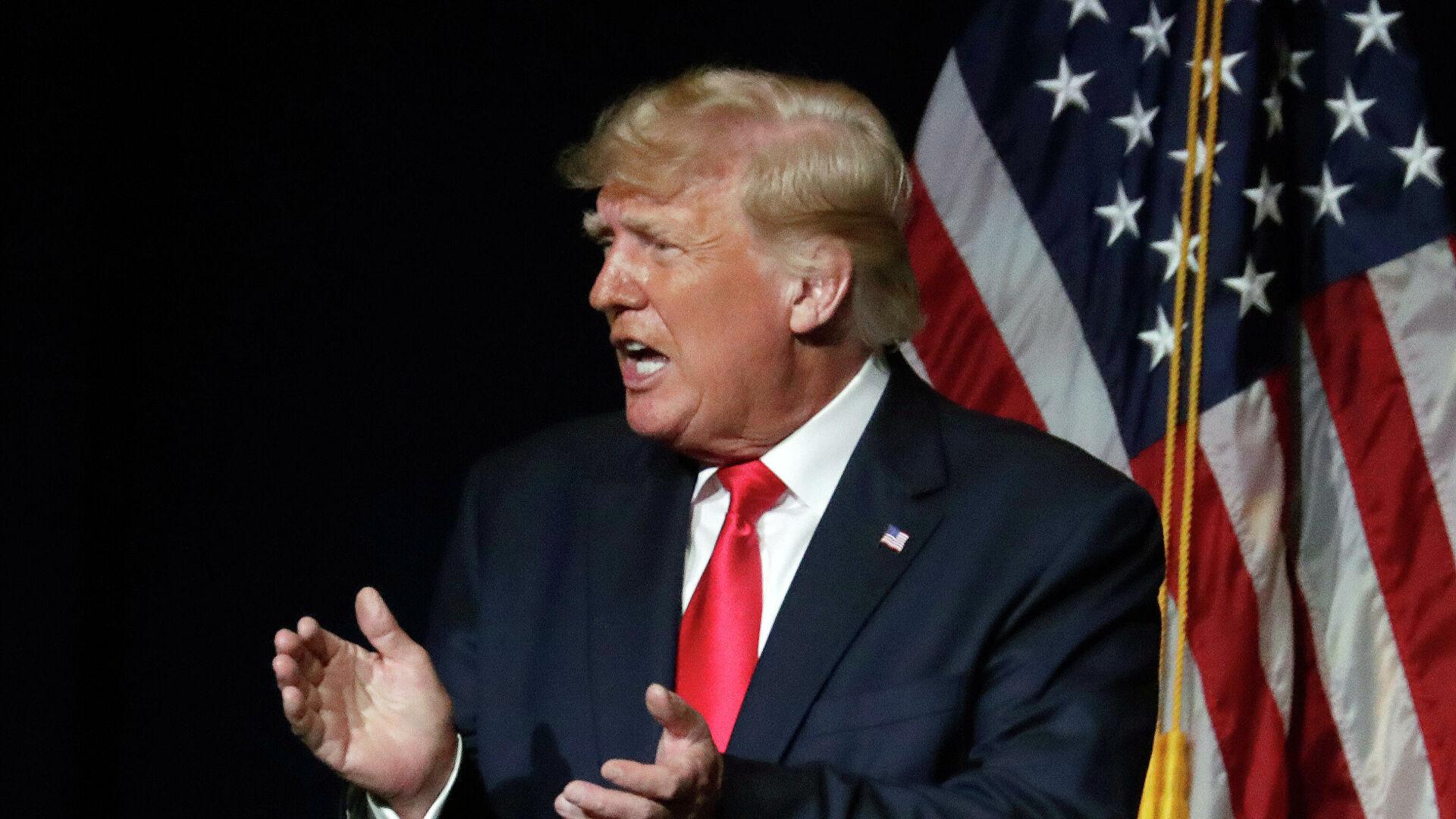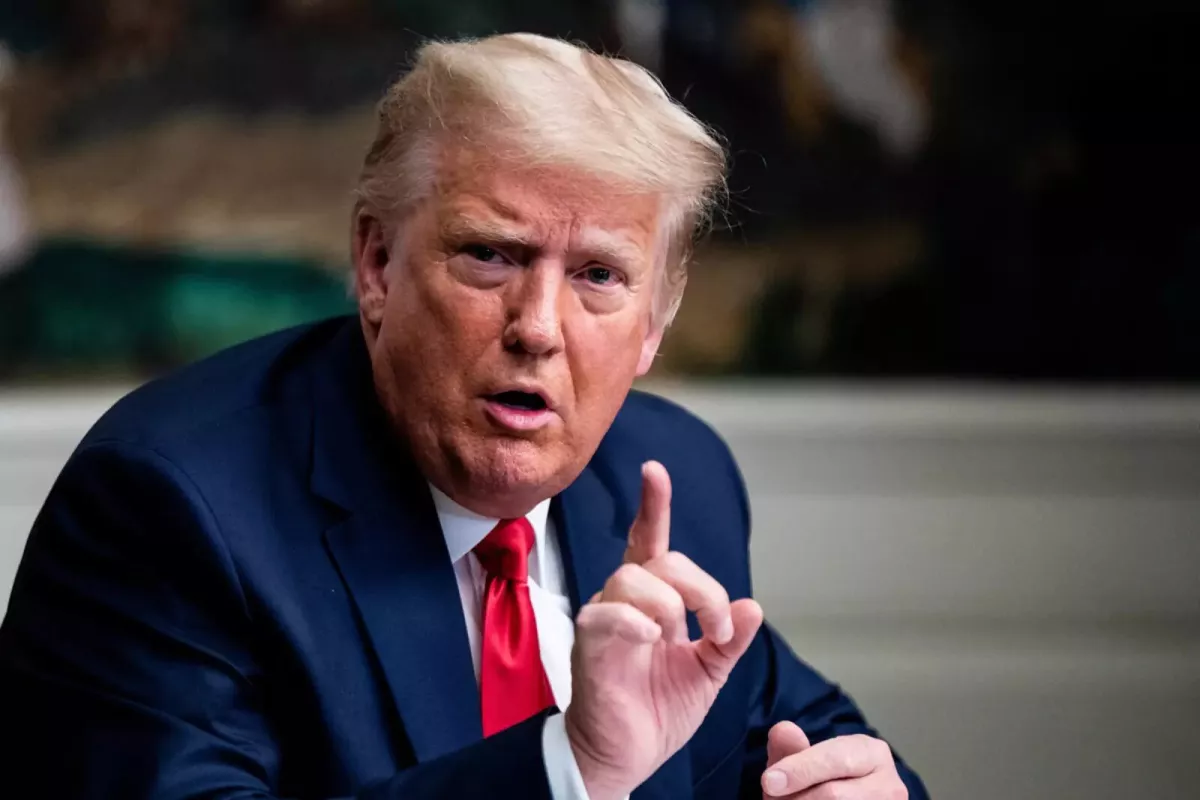What does Trump’s reelection hold for the South Caucasus? Ending the conflicts
Following the results of the November 5, 2024, election, Donald Trump has been elected as the 47th president of the United States, marking his return to office. His victory over Democratic candidate Kamala Harris was decisive, despite many initially doubting that Trump would be allowed to win.
While Trump gained significant support in the 2020 election, the final vote count resulted in a win for Democratic candidate Joe Biden, which led Trump to allege widespread election fraud. However, these claims were rejected by courts at all levels, including the US Supreme Court, which found no credible evidence of any irregularities that could have affected the outcome. This time, the Republicans took a more proactive approach: they established their own monitoring commissions in key states, closely overseeing both the voting process and the counting of ballots.

Among the first to congratulate Donald Trump on his election victory were the President of Azerbaijan, Ilham Aliyev, and the Prime Minister of Georgia, Irakli Kobakhidze. In his congratulatory message to Donald Trump, Ilham Aliyev notably stated:
“During your first presidency, you were very attentive to the solidification of friendly and cooperative relations between Azerbaijan and the United States, and the continuous and consistent development of our collaboration. I am pleased to note that our partnership based on mutual trust and support, including our interaction in several important areas, and particularly, fighting global challenges and terrorism, fostering international peace and security, and ensuring Europe’s energy security, is characterized by dynamic and ever-increasing development. I would like to note in particular your constant resolute support in Azerbaijan’s energy strategy.
Benefiting a vast potential of our joint activities with the United States, we are determined to further expand and deepen our bilateral partnership in all areas, including political, economic-commercial, security, energy, green and digital transition and others. We do believe that during your new presidency, the relations between Azerbaijan and the United States will further strengthen as the new cooperation areas will be defined.
Azerbaijan will further continue its actions to foster peace and security in the South Caucasus.
I am confident that we will continue to put joint efforts to the fostering of Azerbaijan-the United States friendly relations to advance our partnership based on national interests of our countries, including those of national security.”
It can be assumed that Donald Trump's victory could strengthen the geopolitical importance of both Azerbaijan and Georgia. At the same time, it is likely to weaken the position of those forces that have recently targeted the sovereign states of the South Caucasus.
As noted in his congratulatory message, Georgian Prime Minister Irakli Kobakhidze stated that "President Trump’s leadership will promote peace globally and, in our region, as well as ensure restart in US-Georgia relations." Trump’s victory is undoubtedly a boost for Georgia's ruling party, Georgian Dream, which recently won elections in the country. This is especially true given that one of Trump's most consistent supporters in Europe is Hungary’s Prime Minister Viktor Orbán, who is also a close ally of the current Georgian government. The chances for the Georgian opposition to "overturn" the results of the recent elections, already slim, are now virtually nonexistent.
What immediately stands out is the striking similarity between the parliamentary elections in Georgia on October 26, 2024, and the US presidential election on November 5, 2024. In both Georgia and the United States, it was the "deep" people—working-class individuals, rural residents, and traditional, religious communities—who supported the conservative Georgian Dream in Georgia and Donald Trump in the US. In the US, these groups are often somewhat derisively referred to as "rednecks," but it is precisely these people who form the backbone of America as a superpower. They stand in contrast to the Democratic electorate—urban dwellers preoccupied with issues like "gender identity" and various marginalized groups.
It is these same people who, in both Georgia and the US, rejected the dominance of supranational structures, the "LGBT agenda," the drugging of society, and the dismantling of their own countries. In Georgia, they voted for the opposition, while in the US, they voted for Kamala Harris. It is no coincidence that after news of Donald Trump’s victory, Mamuka Mdinaradze, the head of the Georgian Dream party faction, stated: "We are very pleased that traditional values and peace are winning in the US as well."

The US elections show that Americans are "fed up" with the policies that the Democrats have been pushing. This sentiment has been felt by the American business and financial elite, which has decided to "slow down" the destructive processes that have been undermining American statehood. Moreover, the Democrats' focus on inciting wars and military conflicts around the world has begun to backfire, as the "managed chaos" they championed is becoming increasingly unmanageable. The deadlock in the wars in Ukraine and the Gaza Strip serves as a clear example. This has created a need for a "geopolitical revision" of the processes set in motion during the Biden administration.
Upon learning that he had secured enough votes for re-election as US President, Donald Trump vowed to bring an end to global conflicts. "I'm not going to start a war; I'm going to stop wars," Trump declared while speaking at his campaign headquarters.
This is highly significant for the South Caucasus region. First and foremost, under Donald Trump's new presidency, the question of opening a second front in Georgia will likely be off the table. Furthermore, many analysts predict a swift "freezing" of hostilities and the establishment of a ceasefire on the "first front" in Ukraine.
It is also unlikely that Armenian revanchists will receive any significant support from the incoming Republican administration. Donald Trump has never been known for supporting separatism. It is important to remember that it was under President Trump’s leadership that Azerbaijan restored its territorial integrity during the 44-day war. The forces in Armenia that had been hoping for a revanchist war and were actively arming themselves with the help of France and India can now "calm down." At the same time, there are growing prospects for progress toward establishing lasting peace between Azerbaijan and Armenia and resolving their outstanding issues.
Vladimir Tskhvediani, Georgia, for Caliber.Az








